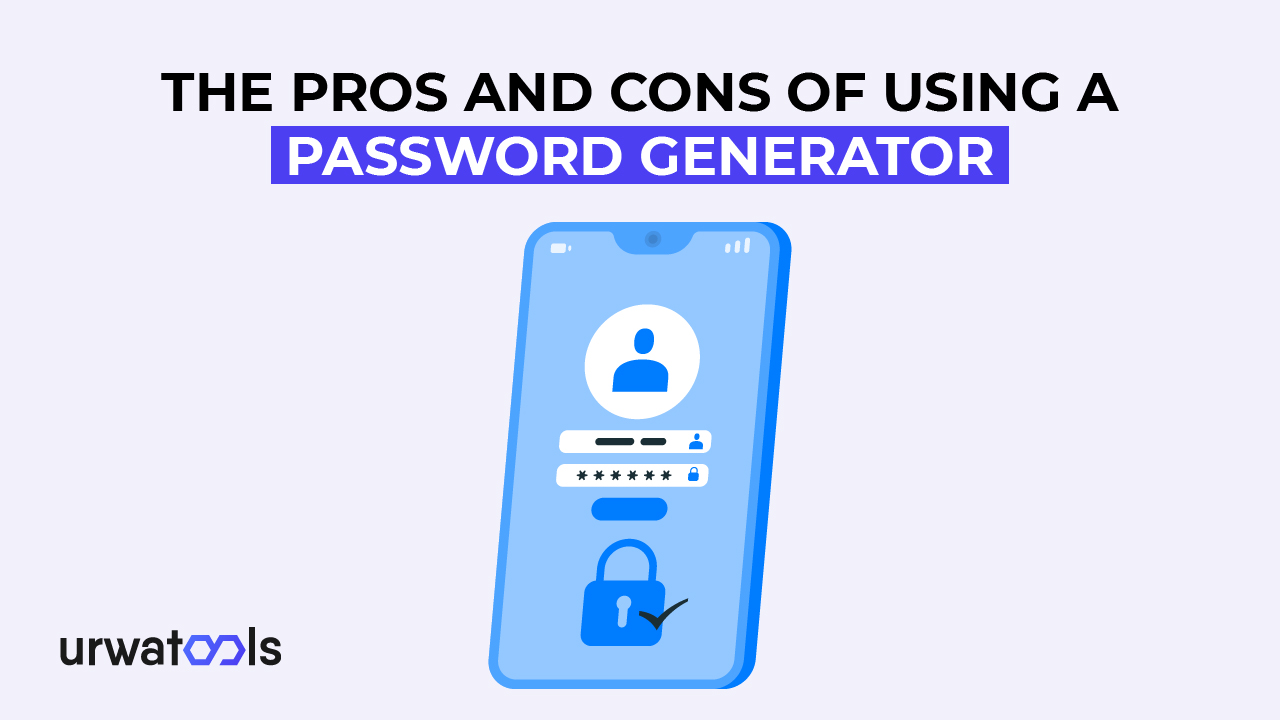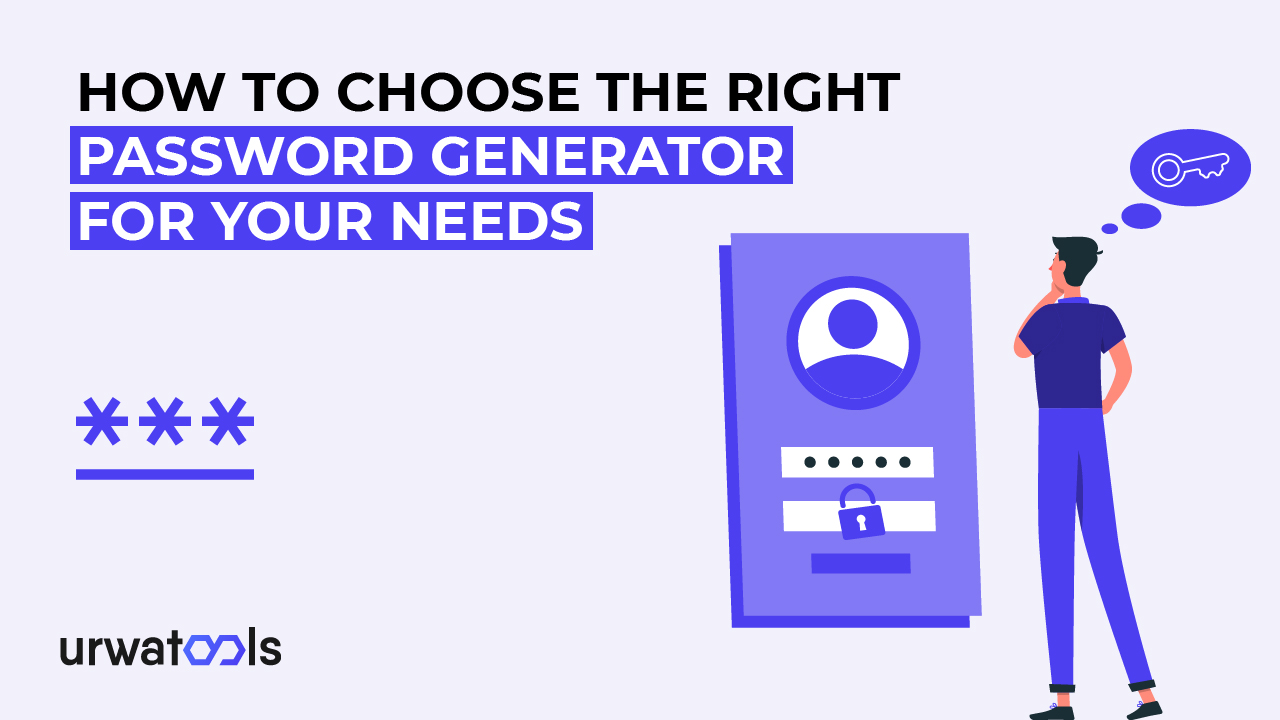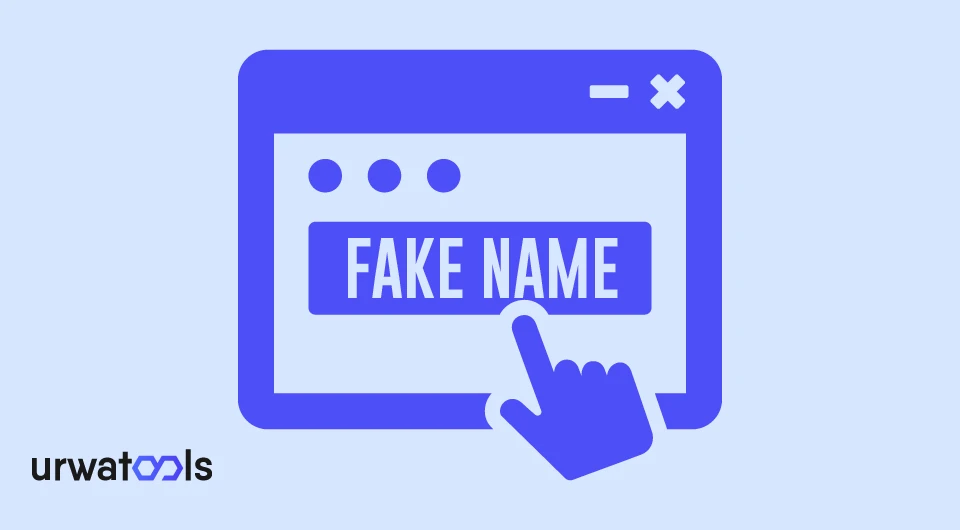Passwords are the primary means of securing our digital lives and protecting sensitive information from malicious actors. However, creating strong and unique passwords can be daunting, especially with multiple accounts across different websites and platforms. This is where password generators come in - tools that generate random, complex passwords for us to use. But are they the silver bullet solution to password security? This article will explain to you the merits and demerits of using a password generator.
What is a Password Generator?
A password generator program or software tool creates random user passwords. These passwords typically include a mix of uppercase and lowercase letters, numbers, and symbols. Password generators can be standalone applications or integrated into password managers, web browsers, or other software.
Pros of Using a Password Generator
Convenience
One of the most essential edges of using a password generator is its convenience. Instead of having to create a new password for each account, users can generate strong and unique passwords with a few clicks. Password generator saves time and effort, especially for those with many accounts.
Complexity
Password generators create passwords that are much more complex than users typically create. They use algorithms that generate random combinations of characters, making it extremely difficult for hackers to guess or crack the password.
Randomness
Password generators create truly random passwords, unlike the ones users often create. Randomness means the password is not based on any predictable pattern or personal information, making it harder for attackers to exploit.
Security
Using a password generator significantly enhances password security. Strong passwords created by password generators are harder to guess or crack, reducing the risk of unauthorized access to user accounts. Password generators also make it easier to follow password hygiene best practices, such as using different passwords for different accounts and changing passwords regularly.
Customization
Password generators often provide users with options to customize the generated passwords. Users can choose the length, complexity, and types of characters to include in the password. Customization allows users to create passwords that meet their specific needs and preferences.
Cons of Using a Password Generator
Dependency
Users who rely solely on password generators may become dependent on them and forget their passwords if they don't use the generator to create them. Dependency can be problematic if users need access to the generator, remember to save the generated password, or lose their password manager.
Memorization
Strong and complex passwords generated by password generators can be hard to remember. Users may need to write down their passwords, defeating the purpose of having a secure password. Memorization can also be an issue if the user needs to enter their password manually, as they may need to switch back and forth between the password manager and the login screen.
Accessibility
Password generators may not be accessible to all users. For example, users with disabilities that affect their ability to use a keyboard or mouse may have difficulty using a password generator. Password generators may also be inaccessible to users who need access to the internet or are in low-bandwidth environments.
Compatibility
Some websites and applications may not support password managers or generator passwords. In these cases, users may manually enter their password or choose a less secure password.
Trustworthiness
Password generators may only sometimes be trustworthy. Some generators may have security. Vulnerabilities that could compromise the passwords they generate or be fraudulent tools designed to steal passwords. Users should always use password generators from trusted sources and ensure they are up-to-date and secure.
Conclusion
Password generators can be a valuable tool for creating strong and unique passwords. They offer convenience, complexity, randomness, security, and customization. However, they also have drawbacks, such as dependency, memorization, accessibility, compatibility, and trustworthiness. Users should evaluate the pros and cons of using password generators and decide whether they are the right tool for their password security needs.
FAQs
1. Are password generators safe to use?
Ans: Password generators can be safe to use, provided they come from trusted sources and are kept current.
2. Can I rely solely on a password generator for my password security?
Ans: While password generators can be useful for creating strong passwords, relying solely on them can lead to dependency issues and other problems. Using a combination of password generators and other password security best practices is recommended.
3. Can password generators create passwords that are easy to remember?
Ans: Password generators typically create complex and random passwords that can be difficult to remember. However, some generators offer customization options that allow users to create easier-to-remember passwords.
4. Are there any risks associated with using password generators?
Ans: There are risks associated with using password generators, such as dependency, accessibility, compatibility, and trustworthiness. Users should evaluate these risks and decide whether password generators are the right tool for their password security needs.
5. What is the best way to use password generators for password security?
Ans: The best way to use password generators for password security is to use them in combination with other password security best practices, such as using a password manager, changing passwords regularly, and using different passwords for different accounts.







